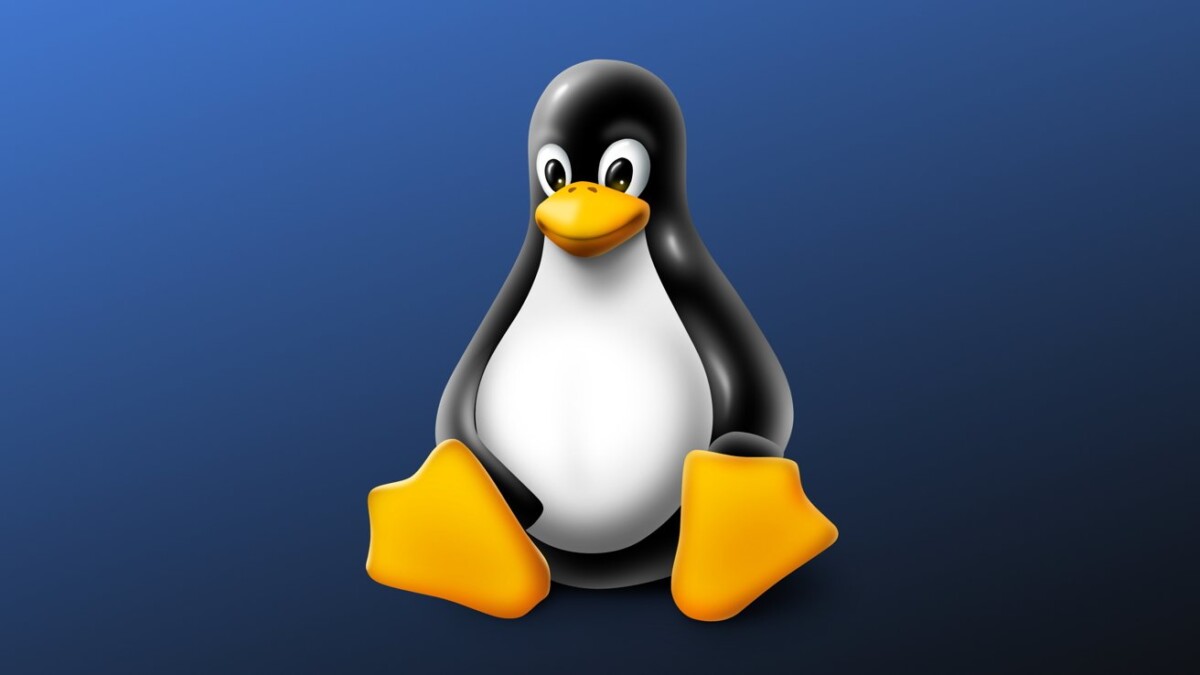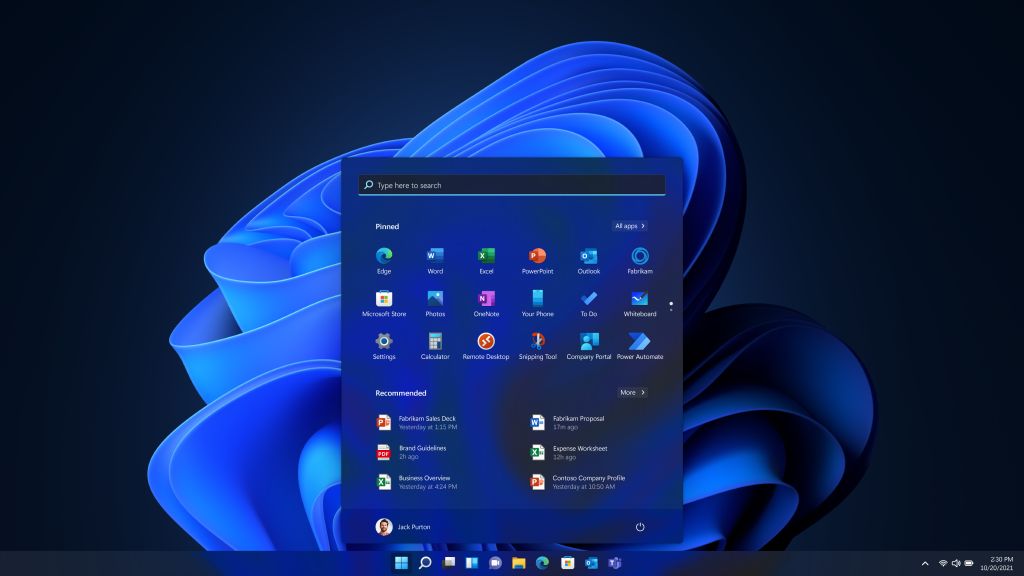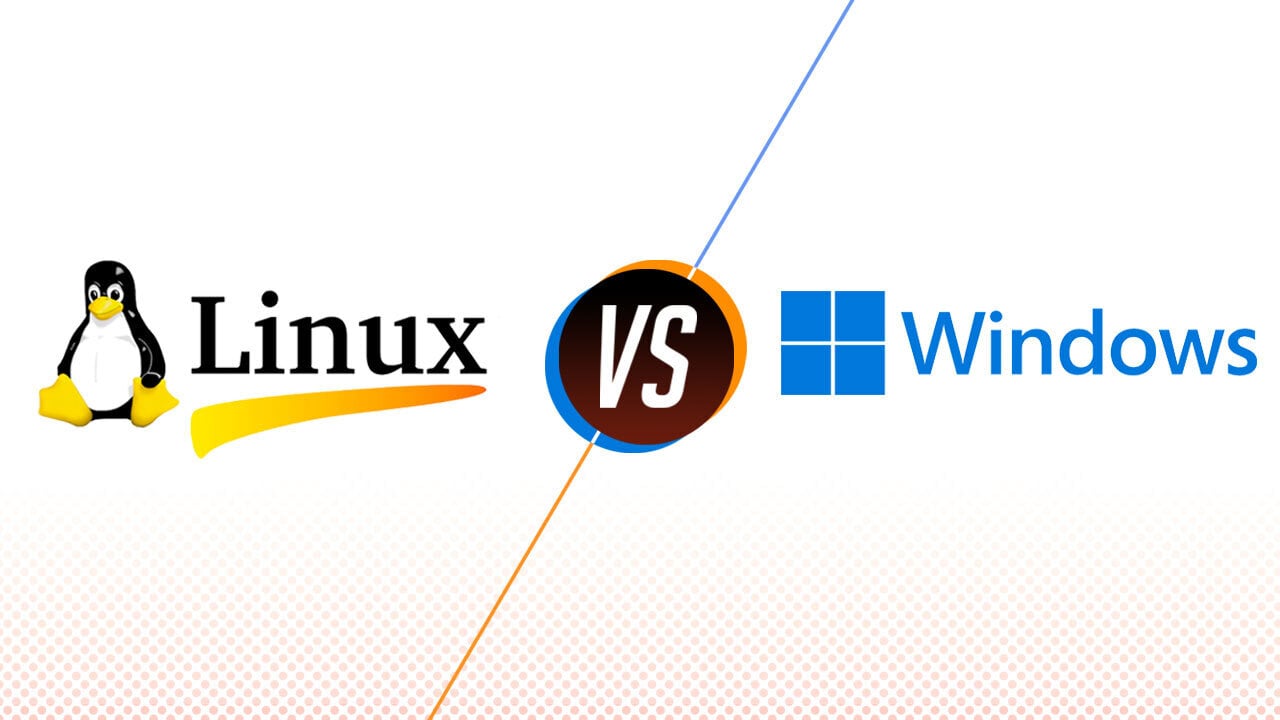Linux vs. Windows: Which is Better for Your Programming Needs?
Linux or Windows? This is quite a lively debate among software developers and programmers as to which Operating System is better. Both have their advantages and ultimately, the decision to choose a particular OS depends on your programming needs.
In this article, we will look at the advantages of both Linux and Windows and help you out in deciding which operating system is the best choice for you.
Advantages of Linux

Linux is an open-source operating system which means that the source code of the operating system is available and accessible by everyone. This is one of the advantages of Linux as developers and programmers can make small changes and tweak it to suit their exact needs.
Linux also has multiple distributions and that is another thing that attracts users as they can choose a distribution that can help them in their line of work. For example, Ubuntu is famous for being user friendly and Debian is known for its customization.
One of the bigger advantages Linux has is that it has a very powerful Command Line Interface Terminal that allows software developers and programmers to work more efficiently by using tools like SSH and Bash for server management, script automation, and Git version control.
Linux also has incredible compatibility with a lot of the main programming languages such as Ruby, Python, R, and Java. These languages have extensive libraries that integrate with Linux very smoothly giving its users an excellent experience.
When considering which operating system suits your programming needs best, it’s worth exploring intriguing details about Linux, as they can provide valuable insights into the comparison discussed in the related article.
Advantages of Windows

Windows has Visual Studio, its own Integrated Development Environment (IDE) that offers great support for programming languages such as C, C#, C++, and Python. Windows also has incredible support for .NET developers as they work and create applications in the same Microsoft ecosystem.
When considering your programming needs, it’s crucial to weigh the pros and cons of both operating systems – Linux and Windows – to make an informed decision, as explained in the related article focusing on facts about the Windows operating system.
Windows has also made improvements to its command terminal, though it still isn’t as strong as the terminal in Linux. However, it has started offering support for users who want to run a Linux distribution on Windows through the Windows Subsystem for Linux (WSL).
The one main advantage Windows has is that it has great support for popular desktop applications such as Adobe Creative Cloud along with having the all-powerful Microsoft Office as well, making it easier for developers to use software that can prove to be very important for their work.
When considering your programming requirements, it’s essential to make an informed choice between Linux and Windows dedicated servers, a decision that greatly impacts your development environment, as discussed in the related article.
Conclusion
As we have laid forward the advantages of both the operating systems, it is up to you now to decide which OS will help you better. You can go for Linux for its customization and to use its powerful terminal or choose to go for Windows if you are going to work with Windows-specific environments and easy-to-use office software.
Both provide certain advantages for certain lines of developers. For instance, if you are working in the field of embedded software, Linux can be handy with embedded DSP ICs. But that’s not to say Windows doesn’t have its strengths. Ultimately, it depends on your expertise and personal preference. For further details on DSP ICs, click here.
With this, we will sign off. We hope it was an informative read!



